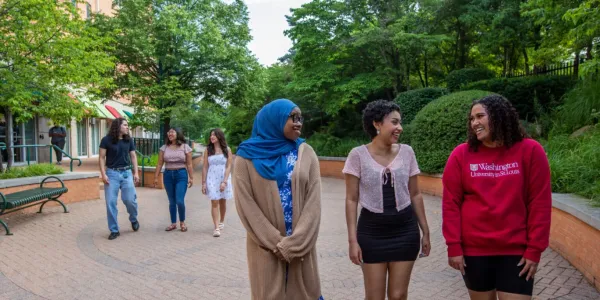We may not be able to change recent events in our lives, but how well we remember them plays a key role in how our brains model what’s happening in the present and predict what is likely to occur in the future, finds new research in the Journal of Experimental Psychology: General.
“Memory isn’t for trying to remember,” said Jeff Zacks, professor of psychology and brain sciences in Arts & Sciences at Washington University in St. Louis and an author of the study. “It’s for doing better the next time.”
The study, co-authored with Chris Wahlheim of the University of North Carolina at Greensboro (UNCG), brings together several emerging theories of brain function to suggest that the ability to detect changes plays a critical role in how we experience and learn from the world around us.
Known as “Event Memory Retrieval and Comparison Theory” or EMRC, the model builds on previous research by Zacks and colleagues that suggests the brain continually compares sensory input from ongoing experiences against working models of similar past events that it builds from related memories.
When real life does not match the “event model,” prediction errors spike and change detection sets off a cascade of cognitive processing that rewires the brain to strengthen memories for both the older model events and the new experience, the theory contends.
“We provide evidence for a theoretical mechanism that explains how people update their memory representations to facilitate their processing of changes in everyday actions of others,” Wahlheim said. “These findings may eventually illuminate how the processing of everyday changes influences how people guide their own actions.”
This article originally appeared in The Source. To continue reading, please follow this link.




